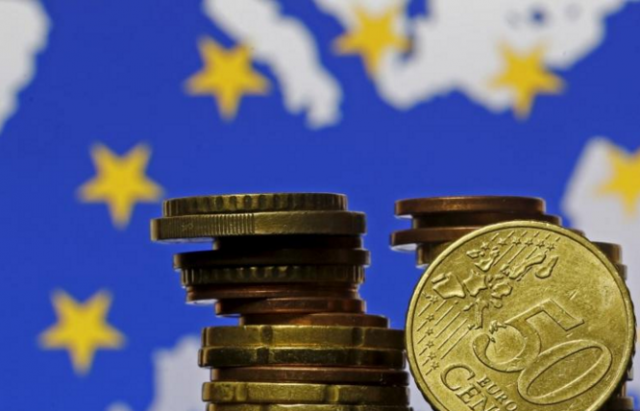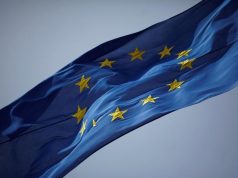
MANILA, Philippines – Although the Philippine government has slammed the door on the European Union, the latter’s P2-billion aid to the Department of Health (DOH) won’t be included in the grants that the Duterte administration had rejected.
DOH Assistant Secretary Enrique Tayag on Friday said the aid for budget support and technical assistance that EU had committed to the DOH until next year “won’t be affected” because it was already a “done deal.”
Tayag said the EU grant to the DOH was already “procured before this announcement,” referring to the Palace statement on Thursday, May 18, that President Rodrigo Duterte had approved the recommendation of the Department of Finance not to accept grants from the EU “that may allow it to interfere with internal policies of the Philippines.”
Malacañang made the announcement after the chief executive received over $1 billion in pledges of official development aid from China where Duterte recently attended the Belt and Road Summit.
Executive Secretary Salvador Medialdea said the administration’s decision to thumbed down EU grants was meant “to discourage them from interfering with our internal affairs.”
EU concern over Duterte war on drugs
The EU has been criticizing Duterte’s war on drugs, saying it is alarmed by the human rights situation in the Philippines amid the growing number of casualties in the country’s anti-narcotics campaign.
In March, the EU raised its concerns before the United Nations Human Rights Council, saying that while it recognized the importance of fighting the drug menace, it was alarmed by the “very high number of killings in this fight.”
EU lawmakers also adopted a resolution in the same month condemning the “many extrajudicial killings” taking place in the Philippines. The legislators also showed concern for the safety of Duterte’s top critic Senator Leila de Lima, who has been detained since February on drug charges filed against her by the Department of Justice.
On Friday, DOH’s Tayag said that while the Philippines “will lose opportunity for assistance,” the country must also learn to stand on its own feet and “look the other way around.”
But former DOH Secretary Esparanza Cabral thought that the Philippines had missed an opportunity. She said the rejection of EU aid could have been made through a transitional manner and not immediately as announced on Thursday.
Cabral added that country’s image would be affected by its outright refusal of the grants from EU, which had been helping the Philippines for decades.
‘Aanhin ang malaking pera kung magiging addict naman?’
Meanwhile, newly confirmed Department of Foreign Affairs (DFA) Secretary Alan Peter Cayetano said on Friday that the Philippine government was just telling EU “very respectfully” that “we believe in our independence, we know our problems better than you, you are welcome here, let’s do business; but we will not accept aid if there are conditions or you will interfere.”
“But if the aid will help us or you will help us with our present problems and we can agree on a framework, that can be a different matter,” the DFA chief added.
Cayetano said countries in the EU believed in the legalization of drugs and possession of drugs for personal use.
“So aanhin mo ‘yong napakalaking pera kung magiging addict naman ang mga tao? (So what will you do with large sum of money when people become addicted to drugs?),” he said.
Cayetano said there were countries such as Japan and China that were helping the Philippines a “lot but without condition.”
“So the ball actually is now in the hands of the EU. For the EU to tell us now: one, there’s no strings attached, this is humanitarian help. Number two, that we will not interfere in your internal affairs,” he said.




